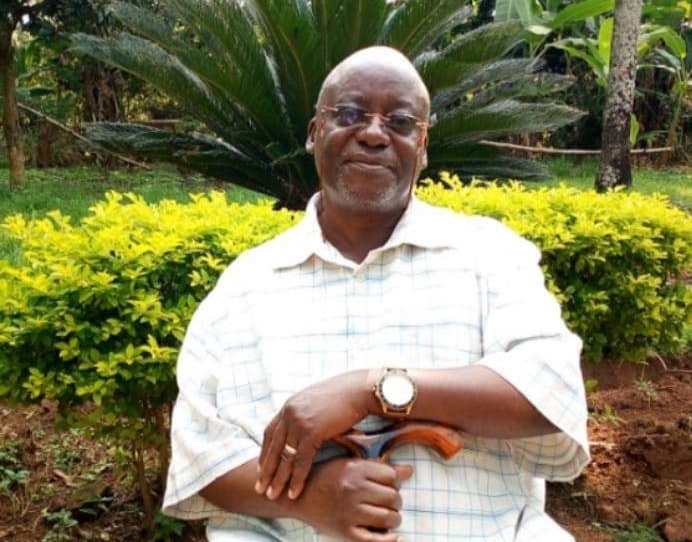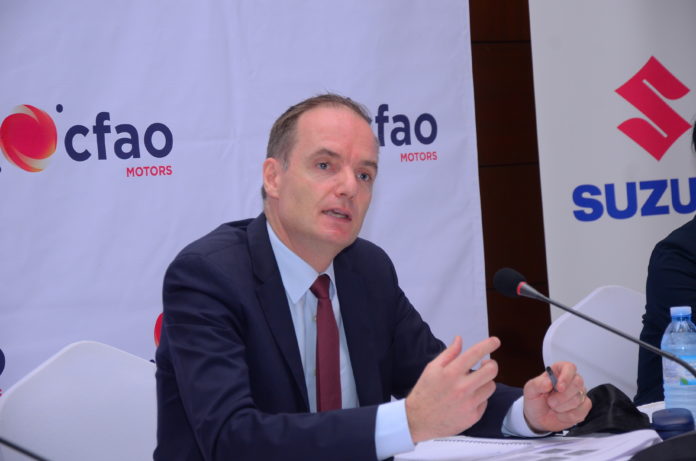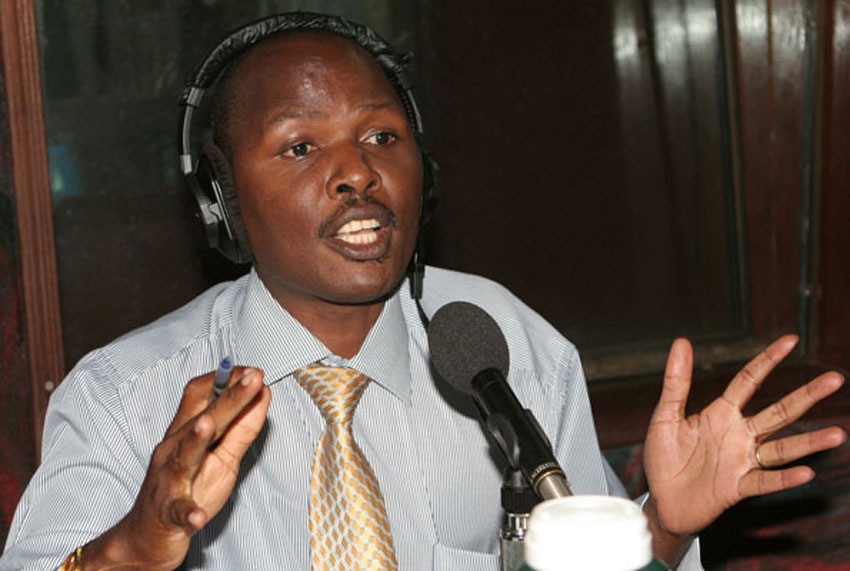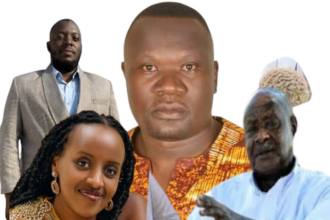No education system is free from political manipulation and interference. The reason is that rulers see it failure or success. So they try to change what they found to suit their political aims and ideologies. They don’t want education systems that would be apart and not part of their political processes. They particularly want to influence University education to ensure that there is as much silence on the campuses as possible.
When Adolf Hitler wanted silent University Campuses as he waged war in Europe, he introduced a university education system in which the social sciences and the arts (humanities) were removed. scholars in those broad sciences were making noise in Hitler’s backyard, intellectualising and debating issues,, and even questioning the war he was eating. Some of the scholars were Jews. Scholars in the natural sciences and associated fields were more preoccupied with research in their laboratories, research, theorising, inventions and discoveries rather than questioning the powers that be, social and societal structure, and governance processes, let alone excesses of the rulers, injustices, human rights abuses and oppression.
In Uganda today the powers that be are at the forefront of instigating the disconnection of the sciences (Natural, Social and Arts or Humanities), and, like Hitler did, projecting them as irrelevant, unnecessary and useless in development. To create distaste for social sciences and humanities in the population, especially among the young, the President decreed that those academics, professionals and teachers bred in the natural sciences and related field be paid higher salaries than those bred in the social sciences, humanities and related professions. Clearly the President is hitting two birds with one stone: divide and rule in the academia, to reduce interaction between the academics; and silence on University Campuses. More than ever before, the conspiracy of silence, fear and docility have consumated University Campuses and intellectual discourse is now a threatened discourse.
Increasingly, academicism, scholasticism and careerism have assumed greater significance on the University campus. The radicalism that used to characterise the University campus of the colonial and the immediate post-colonial period has become a thing of the past.
In effect the University Campus has become de-intellectualised, de-radicalised, de-politicised and divided between the hard sciences and soft sciences. If there is political activity, it is of the type favourable to the powers that be. It is even likely that the preferred administration is that, which is pro- status quo in the country. If meaningful and effective knowledge production is taking place, and this is doubtful, it is taking place in academic environments in which intellectual production is greatly diminished. This mean that, unlike before, the academia have less influence on society. If society is becoming fearful, docile and silent so are the academia. In this the academia and society have become so similar that Uganda now has the voice of the political governors as supreme and increasingly unchallenged worshipped and glorified by both the elite and non-elite.
It goes without saying that that having achieved so much in sowing fear, docility and silence in both the university and society, the rulers would want to see planted an education system that would amplify these vices. Therefore, if there is talk of changing the education system, away from the colonial one, it is not so much that what is desired is a more qualitative, efficient and effective education system.
After introducing Universal Primary Education, and later, Universal Secondary Education, which have greatly lowered the quality of education and its products, the NRM government wanted to abolish Pre-primary education. Yet it is at this level that real character of a person is build by implanting in him or her necessary values and virtues and removing certain vices. children learn the value of cooperation, restraint, patience, sharing, being just, being unselfish and not being greedy. These are enough to constrain corruption at the lowest level at the lowest level of the education system. If Government has rethought the action of abolishing Pre-primary education, it has my full support. it should now ensure that it is equitable and not expensive.
The colonial government introduced the examination system characterised by examinations and high school dropouts. it wanted only quality Learners to proceed up to the highest level of education. We sat examinations in Primary Four to sieve out of the education system those who were not good enough to join Primary Five. We then did a countrywide examination in Primary Six to qualify to join Junior Secondary One. Therefore, Primary Leaving Examinations were done in Primary Six. After Junior Secondary One we joined Junior Secondary Two. We did Junior Leaving Examinations to join Senior One. But the Obote regime abolished Junior Secondary Education and introduced Primary 7 and Primary 8, and then abolished Primary 8, leaving Primary 7 , which has persisted until today.
Now I hear the NRM government wants to abolish Primary Seven and also examination, so that people study uninterrupted without assessment by way of examinations. One would want to know how quality of education, which has been falling almost meteorically will be restored. I should, however, point out that President Tibuhaburwa Museveni has been allergic to what he found in place and has systematically dismantled them in e every sphere of life.
If the aim is an education system, which is less theoretical and more practical and which is not so academics-oriented, one would want to know how government is going to balance academics with practice, and ensure that the education system continues to produce for us the professionals we need to make Uganda a respectable country in the 21st Century and beyond.
Let me inform the young education managers that in the past the colonial governors balanced academics and practice. In primary school we used to have time for agriculture and for handiwork. Children who were not so good at academics would allocate enough time to making ropes, pots, baskets, and other community essentials such as making backcloth. When they left school, they continued to be experts at making those things. And what they learnt practically in agriculture, helped them to sustain their families when they formed them. And if course their were teacher training colleges, nursing schools, and other technical schools to produce artisans.
Some joined these facilities after Junior Secondary Two, Senior Four, or anywhere between Senior One and Senior Four, before Advanced Level Classes ( Senior Five and Senior Six)were introduced. These two classes are what were called Modern at Makerere University College. Those who dropped out entered different professions. All these together with those who persisted in school helped to develop the country before the advent of NRM. Some of them included Ben Kiwanuka, Milton Obote, Paulo Muwanga, Ignatius Musaazi, Yusuf Lule, Kalimuzo, Ssenteza- Kajubi, Tumusiime-Mutebile, Ruhakana- Rugunda, Amama Mbabazi and Yoweri Museveni, to name but a few. These engaged in debates and were free to think and demonstrate if they were discontented with government failures and excesses.
For God and My Country.
Do you have a story in your community or an opinion to share with us: Email us at Submit an Article









